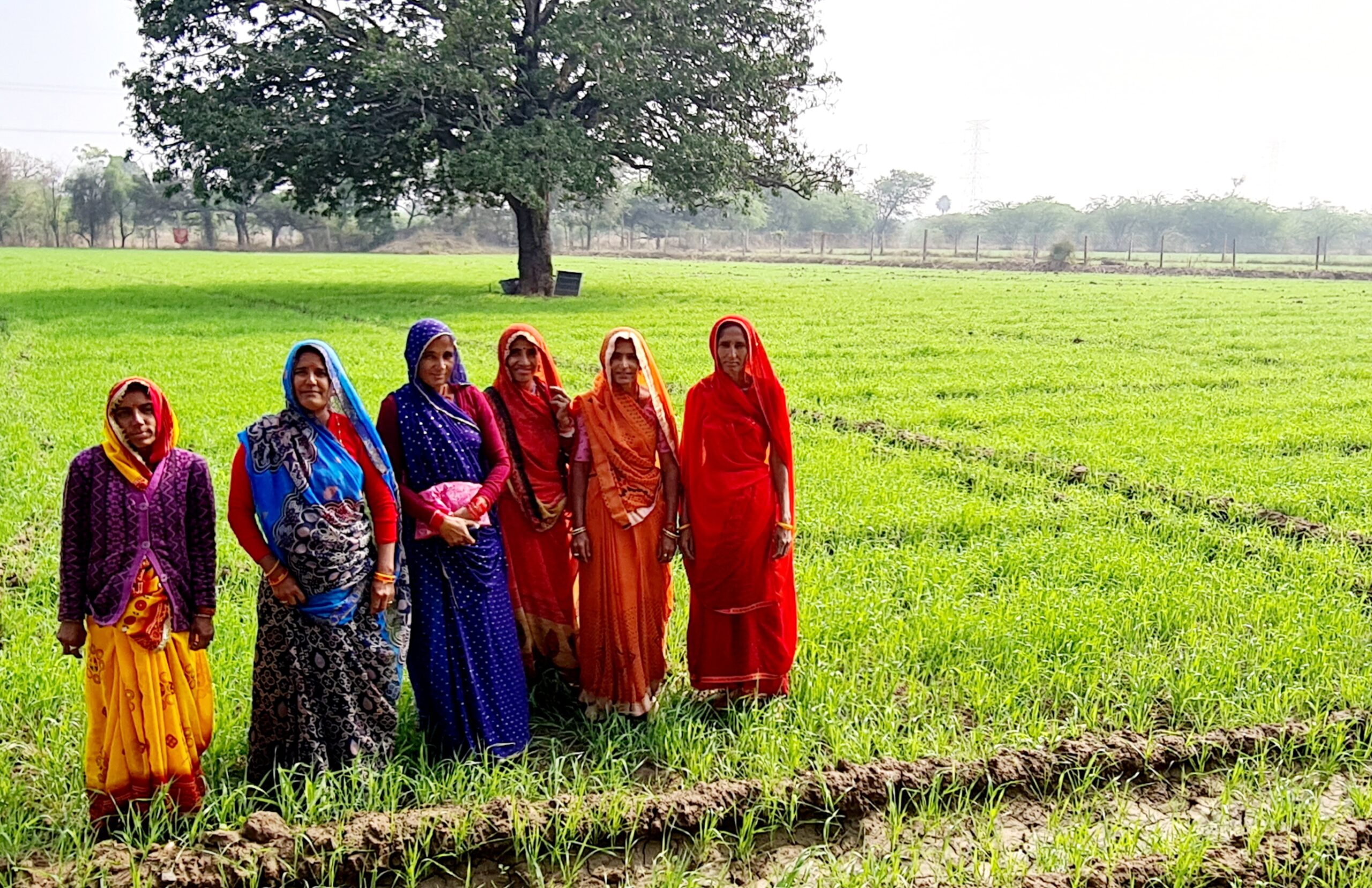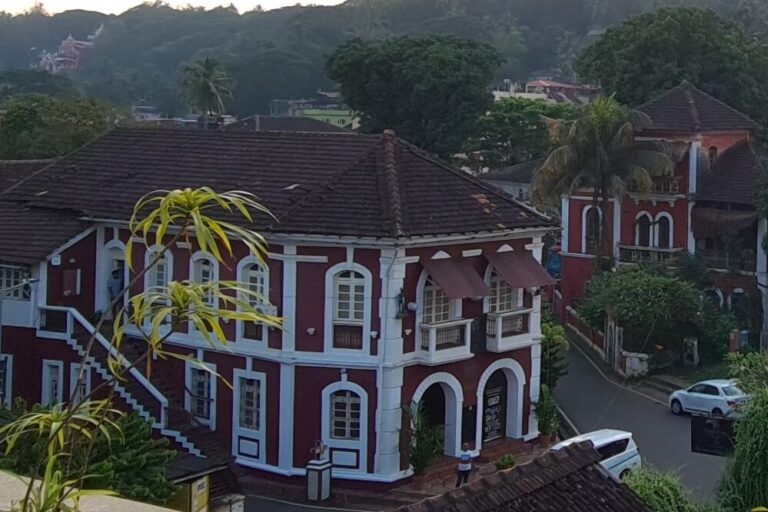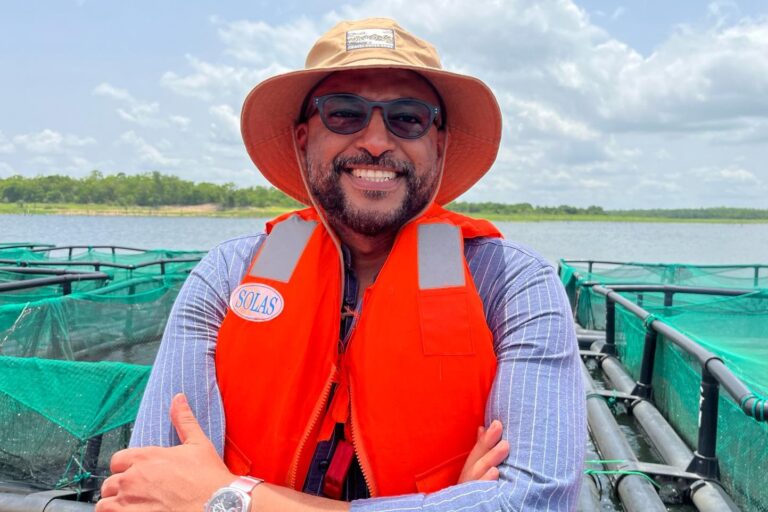By Neena Bhandari
Sydney, 18.04.2016 (India Climate Dialogue): As coal prices slump and demand dips — and notwithstanding the continuing legal challenges by environmental and indigenous groups — the Queensland government has approved three mining leases for Adani Mining Pty Ltd’s (AMPL) Carmichael coal mine, rail and port project. Touted as Australia’s largest coal mine, the AUD 16.5 billion (USD 12.5 billion) project has been labelled “commercially unviable”. There are fears that it could also impact local communities as well as the Great Barrier Reef.
The three mines for which leases were granted on April 3, 2016 contain an estimated 11 billion tonnes of coal that can be used for power plants. AMPL, a subsidiary of India-based Adani Enterprises Ltd, has announced that it hopes to begin construction next year and focus “on the conclusion of second tier approvals and resolution of legal challenges”.
The secondary approvals include clearances from authorities of rail, port facilities, power, water, road works and airport.
So far, most major banks, including the Indian government-owned State Bank of India, have declined to invest in the project, described as “both commercially unviable and unbankable” by Australia’s Institute of Energy Economics and Financial Analysis (IEEFA).
The project commencement has been deferred by yet another year to 2017. The company can only begin dredging at the Abbot Point coal terminal after it assures the Queensland government that it has the finances in place. Queensland Mines Minister Anthony Lynham had said last December that there would be no assistance from the government.
“The 2015 accounts of Adani Mining Pty Ltd show the company has AUD 1.34 billion (USD 1.02 billion) of current debts, little if any tangible assets, no operating revenues and negative shareholder funds of AUD 230 million. The current financial profile suggests the proponent is not capable of funding AUD 10 billion (USD 76.5 billion) plus greenfield development,” Tim Buckley, IEEFA’s director of energy finance studies, told indiaclimatedialogue.net.
Under Australian banking law, any offshore funding needs to clear anti-money laundering laws. “That cannot happen until various outstanding legal cases brought by the Indian government’s Directorate of Revenue Intelligence allegedly on corruption against various officers and subsidiary companies ultimately owned or controlled by the Adani family are settled,” he said.
Environmental implications
A report by lawyers at Environmental Justice Australia and US-based Earthjustice is questioning whether the company can be trusted to comply with environmental laws in Australia given its record in India.
Environmental and indigenous groups have warned that the decision would further threaten the UNESCO world heritage Great Barrier Reef and jeopardise the rights of Australia’s first people. Local communities are concerned about the impact of the mine on their farms, health and businesses.
Dredging for the new port and increased shipping so close to the already vulnerable Reef would have a profound environmental impact.
“Adani’s planned expansion of the Abbot Point coal terminal will require over one million tonnes of dredging, which will destroy seagrass habitat that dugongs and turtles rely on for food and spread plumes of muddy water towards nearby corals. The dredge spoil will be dumped onshore, right beside a delicate wetland that supports thousands of water birds. It will also mean more ships crossing the Reef, increasing the risk of collisions and spills.” WWF Australia’s Great Barrier Reef campaigner Louise Matthiesson told indiaclimatedialogue.net.
The Queensland government’s approval comes close on the heels of scientists lamenting the worst ever outbreak of coral bleaching in the Reef.
The Australian Conservation Foundation (ACF) is challenging Australian Environment Minister Greg Hunt’s approval of the Carmichael project on the basis that he failed to properly consider the impacts of pollution on the Reef. The challenge will be heard in the Federal Court in May.
“With the mine expected to operate for 60 years, we estimate Carmichael will generate 4.73 gigatonnes of carbon dioxide (Gt CO2) over the lifetime of the project. That means this mine alone would generate more emissions than many countries in the world,” ACF CEO Kelly O’Shanassy told indiaclimatedialogue.net.
Traditional owners of the land in Queensland’s Galilee Basin, the Wangan and Jagalingou (W&J) people, are seeking a judicial review in the Federal Court of Australia of a decision by the National Native Title Tribunal to issue mine leases. They have rejected for the third time an indigenous land use agreement with the company.
The pro-conservation faction of W&J has vowed to fight against the mining leases all the way to Australia’s apex court, the High Court, and pursue their rights under international law to protect their land, environment and cultural heritage.
In its defence, the Queensland government claims the project will create nearly 10,000 jobs and lead to “sustainable” economic development of the Galilee Basin region. Mines Minister Lynham insists that the “mine’s environmental authority had about 140 conditions to protect local flora and fauna, groundwater and surface water resources, as well as controls on dust and noise. A further 99 stringent and wide-ranging conditions apply to the rail and port elements of the project.”
In February, Adani Enterprises had signalled that its investment in Australia would be frozen until world coal prices rebounded. Most analysts predict that international coal prices, which are at record lows, will fall further as the commodity faces tough competition from renewables.
The India angle
India is the largest market for Australia’s metallurgical coal and sixth largest market for thermal coal — the one used for power generation. In 2014-15, Australia exported 43 Mt of metallurgical coal worth AUD 5 billion (USD 3.8 billion) and 7.7 Mt of thermal coal worth AUD 500 million (USD 379 million) to India.
India’s Energy Minister Piyush Goyal has stated that solar energy is now cheaper than coal-fired energy generation. Global public sentiment is moving towards a fossil fuel free renewable energy economy as impacts of climate change are felt, especially in the low-lying island nations of South Pacific.
The International Energy Agency projects that by 2040 India’s energy consumption will be more than in the European Union and approaching that of the United States. In recent years, India has become the world’s second largest importer of coal, and is likely to continue to rely heavily on coal imports in the future to meet its energy demands.
In its Medium Term Coal Market Report 2015, the Agency said this about Adani’s Carmichael mine, “It is not likely that the above listed projects will be operational by 2020, if ever.”
But the company says it is serious and will go ahead with the project that will supply “clean coal” to India.
“We have invested $1.2bn in the mine so far, and we have bought Abbot Point for $1.8bn. Without seriousness of developing these projects, we wouldn’t be investing that kind of cash. If we do not send clean coal … from Australia, India will continue to burn dirty coal and that is just not good for anybody,” AMPL Australia chief executive Jeyakumar Janakaraj was quoted as telling local media.
The company has long stated its intention to become a long-term infrastructure player in Australia. “We are advancing a pit-to-plug model — the coal mined at Carmichael is of an ash, sulphur and energy content that is ideal for use in Adani’s own, latest generation supercritical thermal coal generators, as well as others in the Indian market,” the company’s spokesperson in Australia told indiaclimatedialogue.net.
The Adani Group’s forays into Australia commenced in 2010, when mining was booming, with the purchase of the Greenfield Carmichael coal mine in the Galilee Basin, one of Australia’s richest coal reserves, and the Abbot Point Port near Bowen in Queensland. It has also indicated an interest in the solar generation sector.
© Copyright Neena Bhandari. All rights reserved. Republication, copying or using information from neenabhandari.com content is expressly prohibited without the permission of the writer and the media outlet syndicating or publishing the article.



